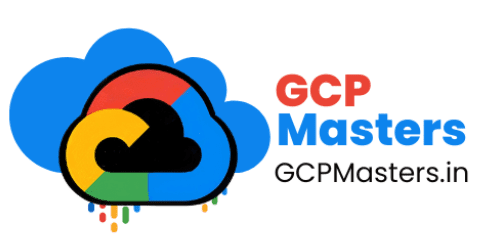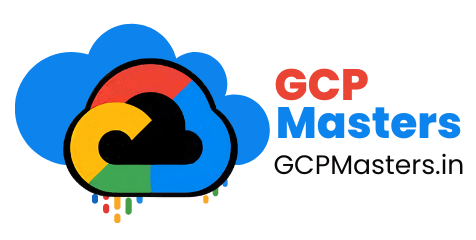Google Cloud Platform provides various compute services for running applications and handling data in the cloud. By exploring the GCP Services List, you can find the main compute services available from GCP.
Compute Engine:
- Compute Engine is an IaaS (Infrastructure as a Service) that provides virtual machines on Google’s infrastructure.
- You can run both Linux and Windows VMs with adjustable machine types and persistent disks.
- It is useful for running custom kernels, applications that need steady resources, matching containers to VMs, and moving current systems. The Compute Engine service is highlighted in the GCP Services List for its flexibility and scalability.
App Engine:
- App Engine is a Platform as a Service (PaaS) that helps you create scalable web apps and IoT backends.
- It adjusts the app’s size automatically based on user traffic and includes features like data storage, APIs, and user login.
- It’s perfect for apps that don’t keep state, quickly building CRUD applications, apps with a few services, and launching complex APIs. App Engine is a key entry in the GCP Services List for its ease of use and scalability.
Kubernetes Engine (GKE):
- Google Kubernetes Engine (GKE) is a service that helps you run applications in containers with Kubernetes.
- It offers a complete setup for deploying, managing, and scaling these applications.
- GKE simplifies the use of Kubernetes, allowing you to focus on developing your applications. This service is also featured in the GCP Services List for its robust container management capabilities.




